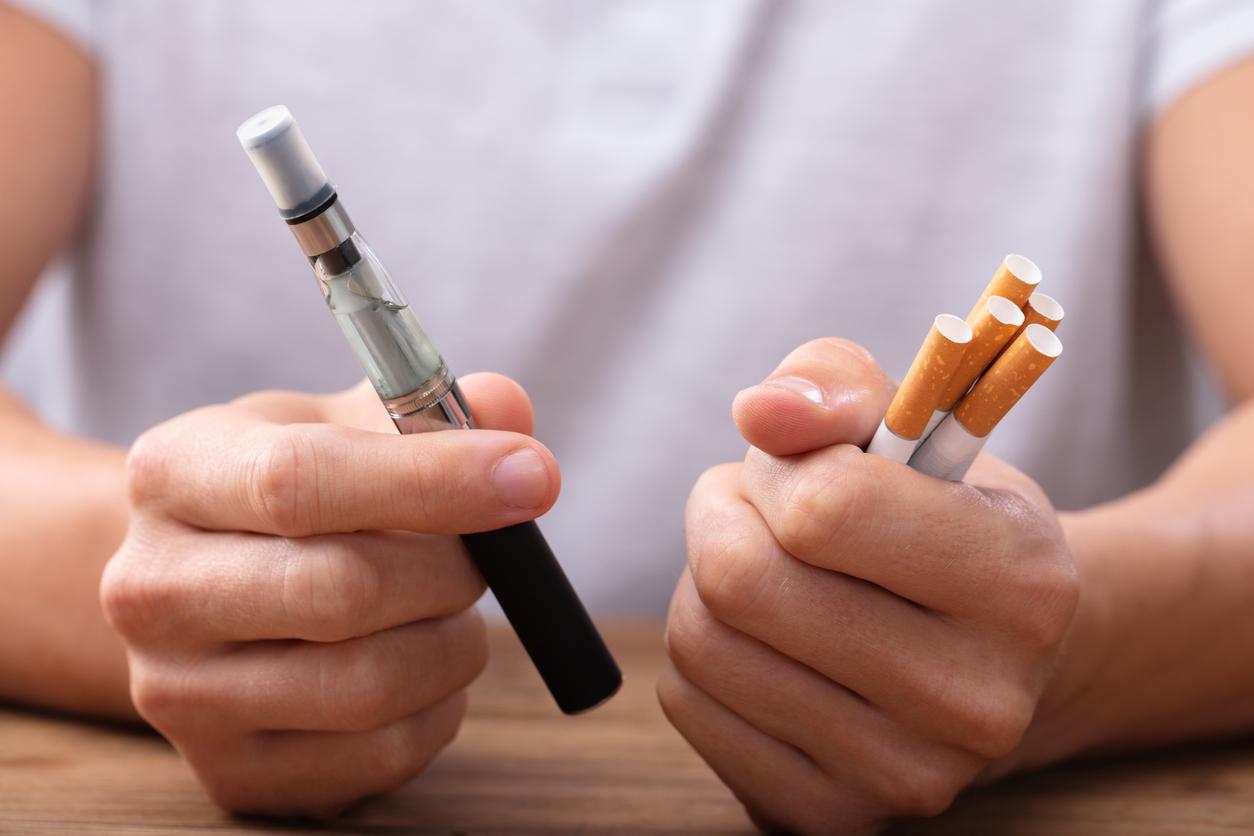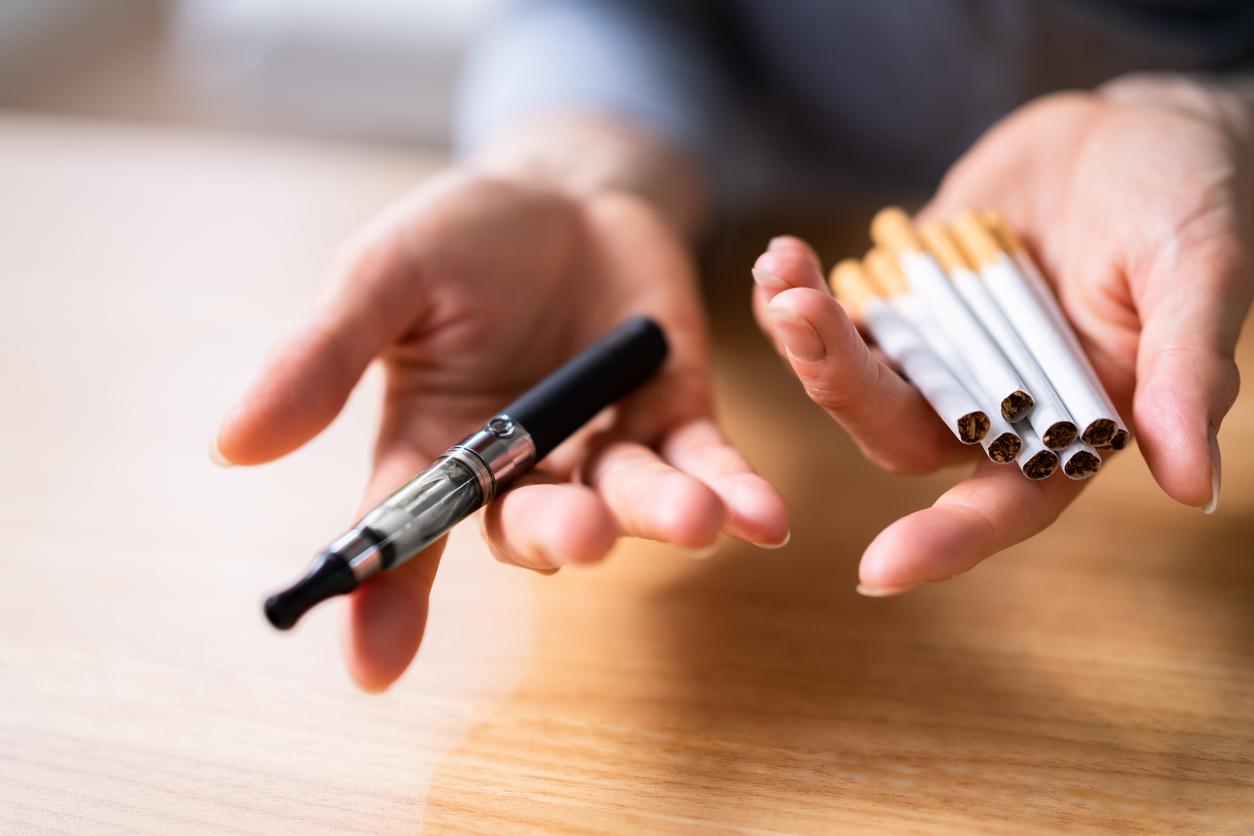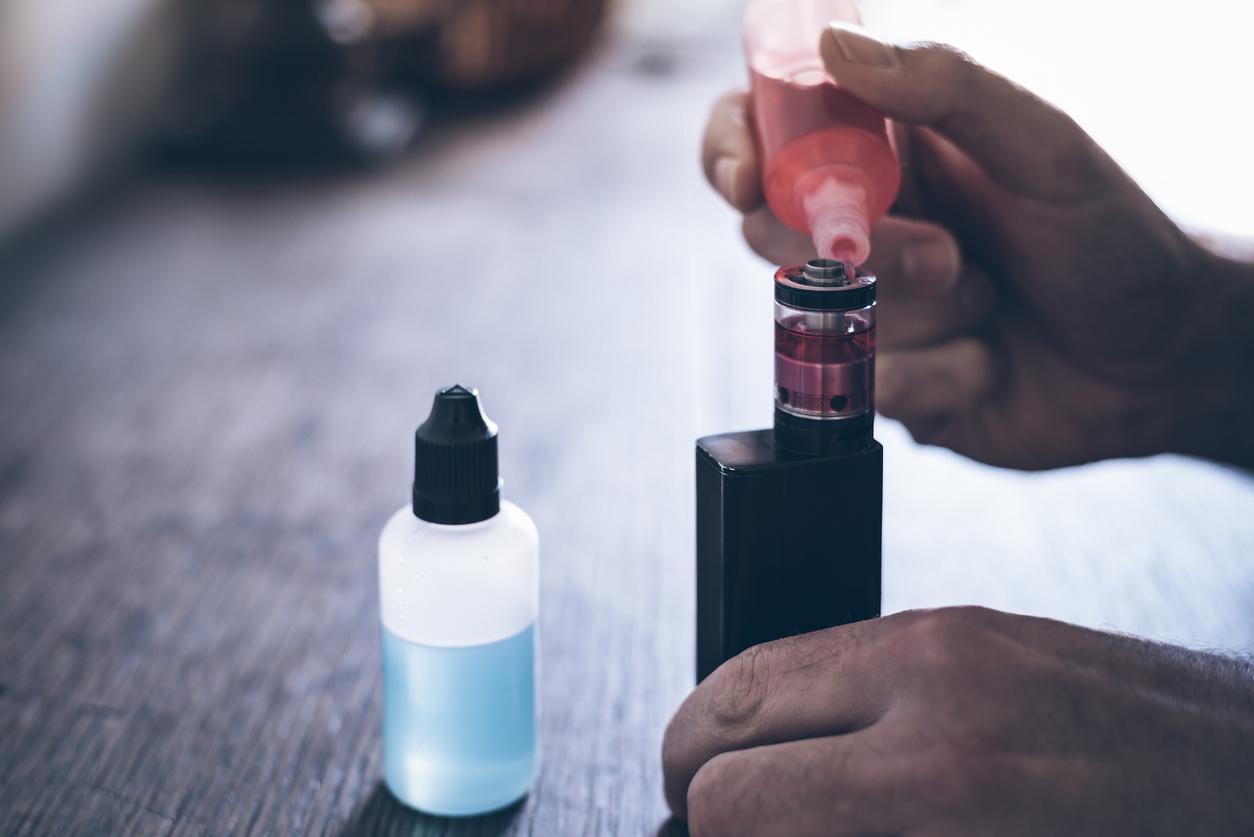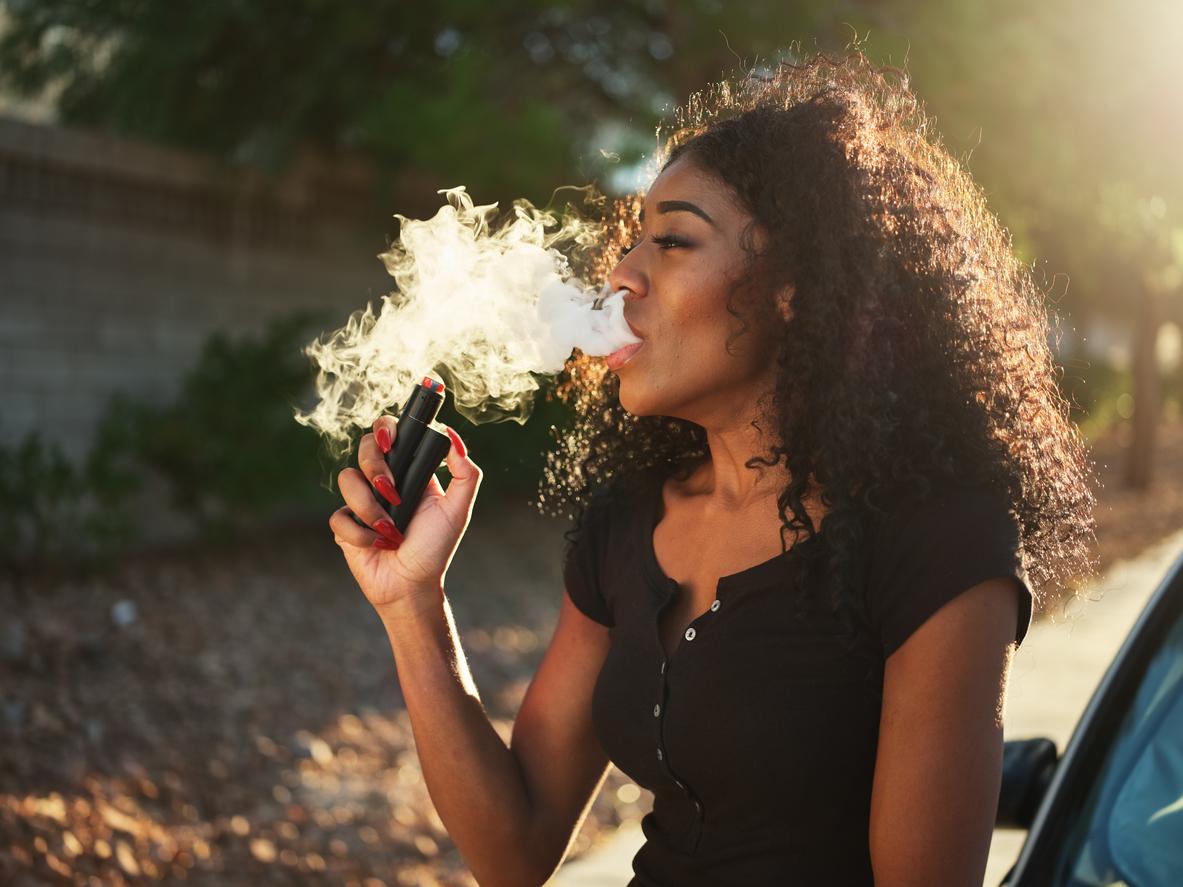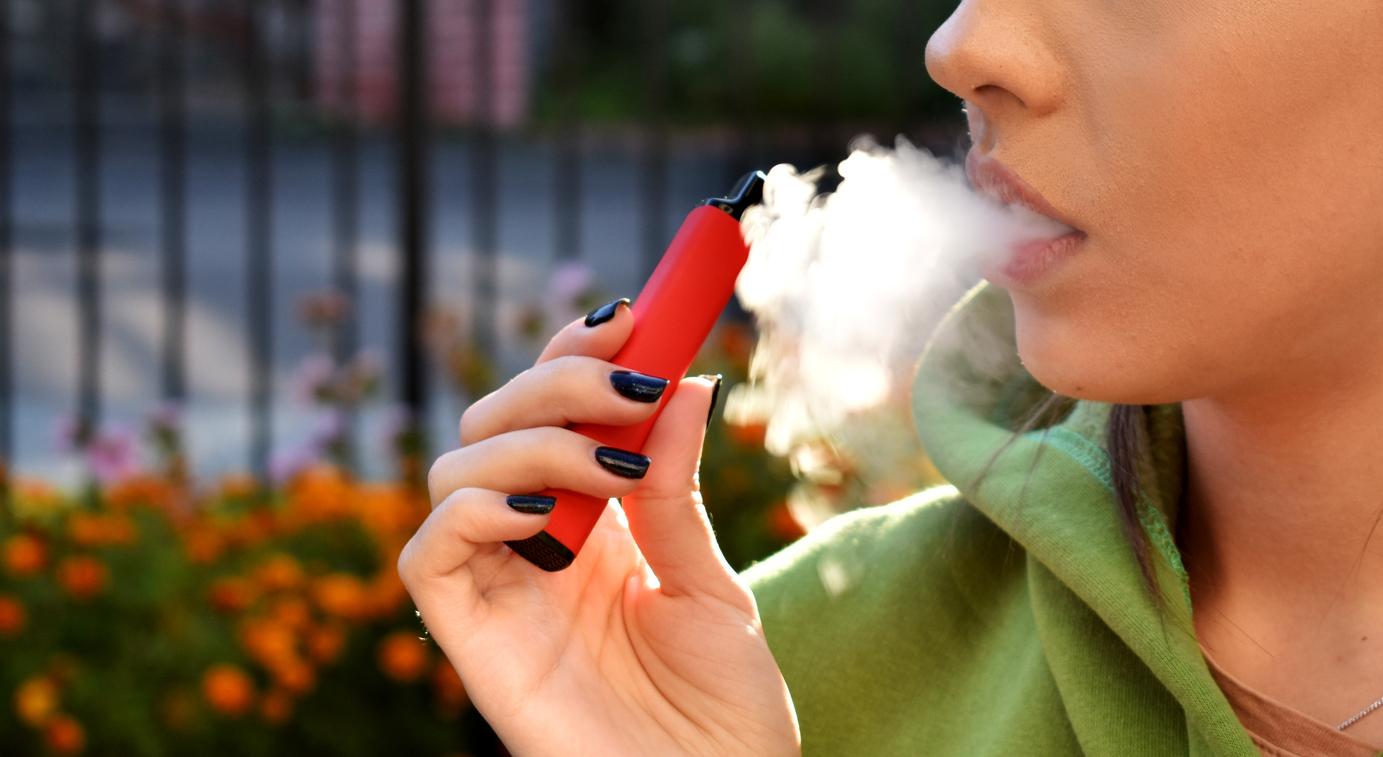The national committee against smoking calls for a ban on flavors, except for tobacco, for products containing nicotine such as those used in electronic cigarettes.

- Nicotine is the addictive substance in tobacco.
- According to the World Health Organization, minors who have never smoked but who vape are twice as likely to start smoking tobacco.
Cotton candy, cookie, exotic fruit or coffee: there are dozens and dozens of different flavors for electronic cigarettes. The same is true for “puffs”, disposable versions of these devices. In a communicatedpublished Monday, February 13, the national committee against smoking (CNT) is concerned about the proliferation of these flavors and calls for their ban, because they participate in the “normalization of nicotine”.
The anarchic development of nicotine products is driven by the multiplication of aromas.
These flavors are a marketing tool intended to target teenagers and pre-teens.
The CNCT calls for their ban (excluding tobacco flavouring). https://t.co/ebCpbdK8CF pic.twitter.com/LylRVZDsXz
— Le_CNCT (@Le_Cnct) February 13, 2023
The aromas of electronic cigarettes: a risk for young people
This statement from the CNT follows the results of a study, carried out between 2020 and 2022. It focused on tracking new vaping products and related advertisements. Experts note in particular that new products containing nicotine are “presented in an extremely attractive way, with a particular targeting of young people, even very young people”which tends to minimize the reality of “the toxicity and addictive nature of these new products”. The multiple aromas present in these devices are aimed at young audiences. For Professor Yves Martinet, President of the CNCT, “far from helping smokers in their smoking cessation, the multiplication of flavors in new products is aimed solely at phishing young consumers. Without a rapid flavor ban, the situation risks spiraling out of control.”.
Electronic cigarettes: illegal advertisements
The CNT also noted several shortcomings with regard to advertising. “Studies reveal that French legislation is generally not respected in terms of point-of-sale advertising for new tobacco and nicotine products, is it specified in a press release. Strictly supervised, it only authorizes the advertising of vaping products in the form of informative posters, not visible from the outside.“According to its findings, 72% of vape shops do not comply with the regulations, as far as advertising is concerned. But it also happens through internet advertisements.”The findings show that online, the dissemination of these new products is trivialized, in part with the help of influencers praising on social networks their ease of use, their design and their aromas.
Smoking: limit new products and ban flavorings
These two factors contribute to the trivialization of nicotine, which makes the national committee against smoking fear a “new epidemic” related to this substance. He thus recommends to “limit as much as possible the marketing of new nicotine products designed as new gateways to nicotine addiction or even tobacco addiction”. For example, nicotine pouches have become widespread on the market: they are filled with vegetable fibers and white powder containing nicotine, often in high doses. In addition to banning flavors, these experts recommend banning disposable e-cigarettes to reduce the attractiveness of these products and limit the risk of later smoking among young people.











